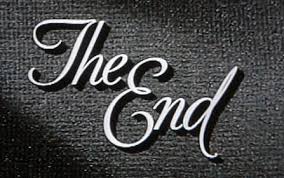Fundamentals of Fiction Writing Online Fiction Writing Course
My new online writing class, Fundamentals of Fiction Writing, is now open for enrollment. This is a self-paced, nine-week course. You may begin the class at any time.
In this course, you will learn how to write a story or novel using the fundamental building blocks of fiction. The course is divided into nine sections. Each craft section focuses on an essential element of narrative craft. Through video and written lectures, you will learn the tools you need to begin writing fiction:
- Characterization
- Point of View
- Setting and Description
- Dialogue
- Plot
- Structure
In the final week, we will focus on revision, a necessary step to getting your work out into the world.
Each section includes writing exercises to help you practice what you’ve learned and deepen your understanding of the material, as well as a discussion forum and suggestions for further reading.
Who should take this class:
If you’ve always wanted to write a story or novel but don’t know where to begin, or if you took a couple of writing classes in the past and want to brush up on your knowledge and reinvigorate your writing practice, this course is for you. Led by a New York Times bestselling author with more than a decade of experience teaching creative writing at the university level, Fundamentals of Fiction Writing provides a great foundation for anyone interested in writing short stories, novels, or novellas.
Although this is not a critique class, your enrollment entitles you to a free one-hour Google hangout, during which I will answer student questions. You can also subscribe to the workshop add-on to get one-on-one critiques from the instructor.
The regular tuition for Fundamentals of Fiction Writing is $79, but readers of this blog can enroll in July for just $49.
Use coupon code serif to get 30% off in July, 2014. (expires June 31, 2014).
Or follow this link to get the discounted rate.
 Stories are like relationships: the beginning is always so much fun, and the ending is fraught with turmoil.
Stories are like relationships: the beginning is always so much fun, and the ending is fraught with turmoil.